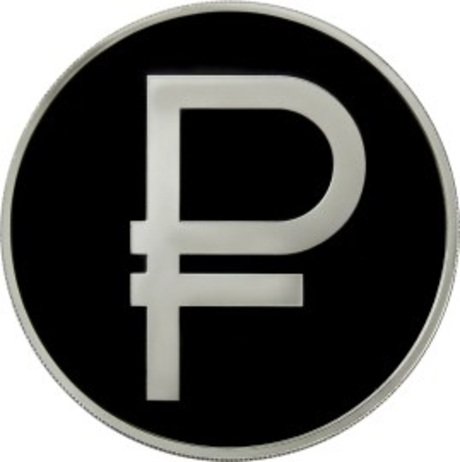Capital outflow has eaten all inflow of dollars to the Russian Federation
The Russian economy continues to exist in the mode of actually absent net inflow to the country of foreign currency.

As has reported the Central Bank of the Russian Federation, in July the difference between the main currency flows to the country and from it (balance of a paying balance) has constituted only 400 million dollars. It is 10 times less, than in July of last year, and 12 times less, than an average value for the expired year.
Moreover, even this scanty currency gain has been completely eaten by capital outflow: export of means by the private sector in a month has constituted the same 400 million dollars, and in 7 months — has increased to 10,9 billion dollars.
As a result the overall zero balance turns out, the chief economist of ING Bank on Russia and the CIS Dmitry Polevoy states.
"Dynamics of the current account was created under the influence of more essential compression of trading balance in the conditions of the low prices of primary goods of the Russian export which is partially compensated by reduction of deficit under other articles of the current account" — comments on a situation of the Central Bank.
Currency inflow zeroing — "extremely unpleasant tendency" for future ruble exchange rate, the analyst of FC Uralsib Irina Lebedeva says. The matter is that reducing export from Russia is much higher than decrease in import: for the first half of the year import has decreased by only 9% year-on-year while fall of export has constituted 30%.
According to Lebedeva, in the next the situation will worsen, and the account of current transactions will become negative for the first time from 3rd quarter 2013. Will lead to it, including, acceleration of capital outflow: foreign shareholders of the Russian companies will begin to convert into currency and to take out abroad the dividends received in July and August.
"Prospects for August-September for ruble are not so hospitable" — she warns.
So far the stable rate, most likely, is supported by inflow of means on the capital account — in other words, hot money which comes to the Russian market in search of high yield, the analyst of Raiffeisenbank Denis Poryvay says.